Publications
Articles, publications, books, tools and multimedia features from the U.S. Institute of Peace provide the latest news, analysis, research findings, practitioner guides and reports, all related to the conflict zones and issues that are at the center of the Institute’s work to prevent and reduce violent conflict.
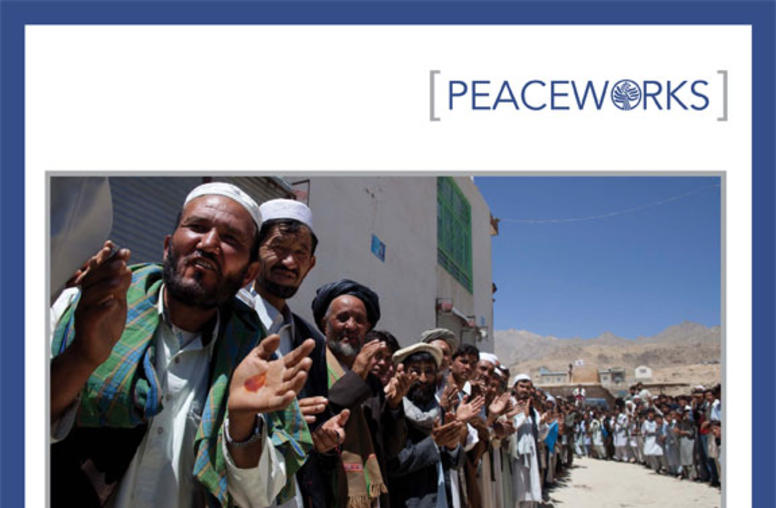
Informal Justice and the International Community in Afghanistan
Recognizing that lack of access to justice in Afghanistan was a serious problem that helped fuel insurgency, the international community launched an array of programs to research and actively support informal justice mechanisms. In some cases, these efforts hampered local dispute resolution. This study finds that the best approaches fostered an environment for local political change that strengthened linkages between formal and informal participants in the justice system.
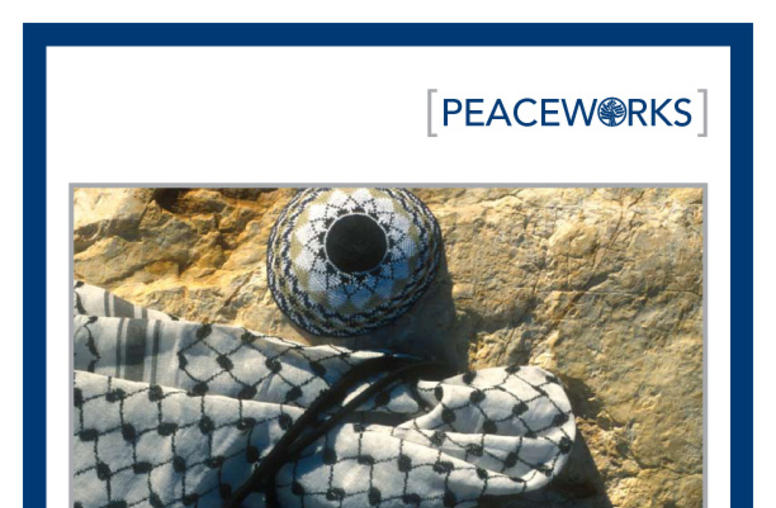
Arab-Jewish Relations in Israel
Israel is and remains a deeply divided society of some 5.6 million Jews and some 1.2 million Palestinian-Arab citizens. Sammy Smooha, a 2009-10 Jennings Randolph Senior Fellow at the U.S. Institute of Peace addresses attitudes and the divisions surrounding the Arab-Israeli conflict.
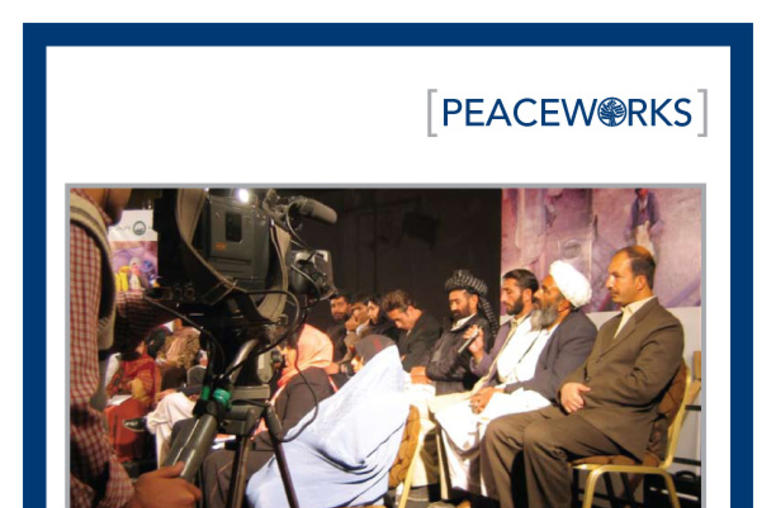
Afghanistan Media Assessment
This report was commissioned by the United States Institute of Peace’s Center of Innovation for Media, Conflict, and Peacebuilding. It assesses Afghanistan’s media sector through a new tool developed by USIP, which combines elements of a traditional media assessment with conflict analysis.
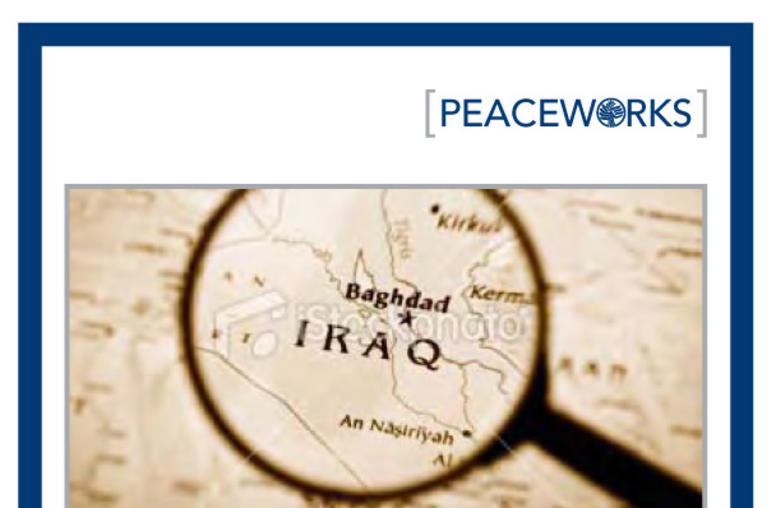
Iraq's Disputed Territories
According to U.S. government officials, the greatest potential threat to Iraq’s stability is not extremist groups but the prospect of Arab-Kurdish conflict over oil-rich Kirkuk and other disputed territories. This report attempts to demystify and disaggregate the often poorly defined disputed territories by drawing upon two data sets: the political preferences expressed in these territories during Iraq’s three postconstitution elections and archival records detailing these areas’ respective a...
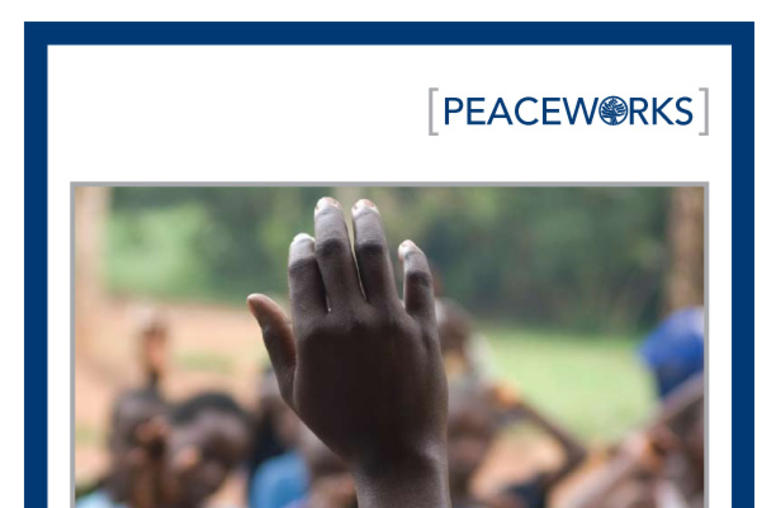
Making Peace after Genocide
A former seven-term member of Congress and presidential special envoy during the Clinton administration, Howard Wolpe led the U.S. delegation to the Arusha and Lusaka peace talks to end the civil wars in Burundi and the Democratic Republic of the Congo. This report distills the author’s experience as a presidential special envoy to Africa’s Great Lakes region from 1996 to 2001, and as the director of a Burundi leadership training initiative from 2003 to 2009.
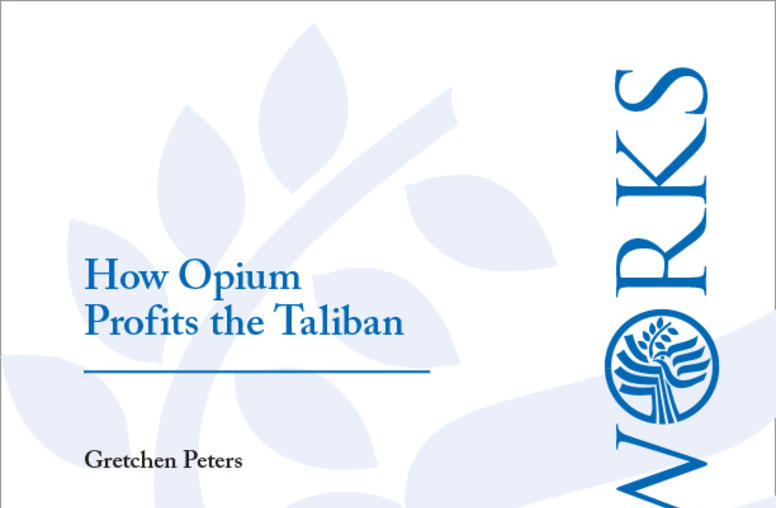
How Opium Profits the Taliban
In Afghanistan's poppy-rich south and southwest, a raging insurgency intersects a thriving opium trade. A new USIP report, How Opium Profits the Taliban, examines who are the main beneficiaries of the opium trade, how traffickers influence the Taliban insurgency as well as the politics of the region, and considers the extent to which narcotics are changing the nature of the insurgency itself.
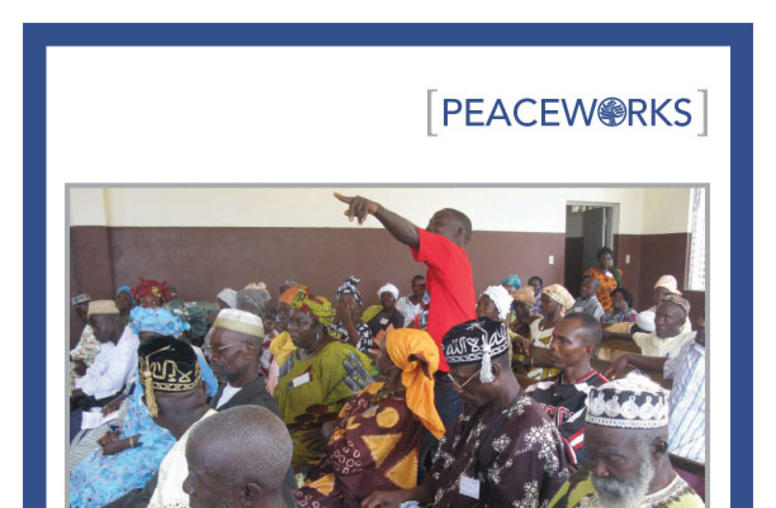
Looking for Justice: Liberian Experiences with and Perceptions of Local Justice Options
This report presents the research findings and analysis of ten months of field study as part of the United States Institute of Peace and George Washington University project titled "From Current Practices of Justice to Rule of Law: Policy Options for Liberia's First Post-Conflict Decade."
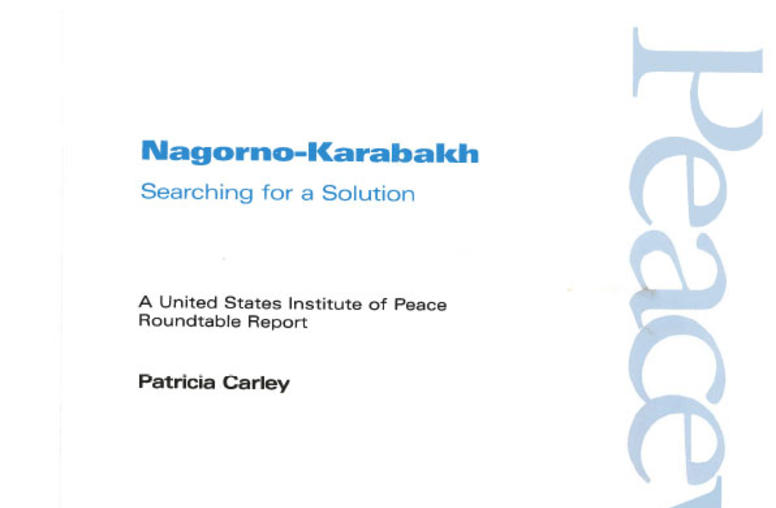
Nagorno-Karabakh: Searching for a Solution
Although it has long since fallen out of the headlines, the conflict over the territory of Nagorno-Karabakh appears no closer to resolution than when the worst of the fighting ended six years ago. Hotly disputed between Armenians and Azeris, this tiny, barren area in the southern Caucasus region of the former Soviet Union has been the scene of some bitter fighting; though the military clashes have largely ceased, the political battles are as high-pitched as ever.
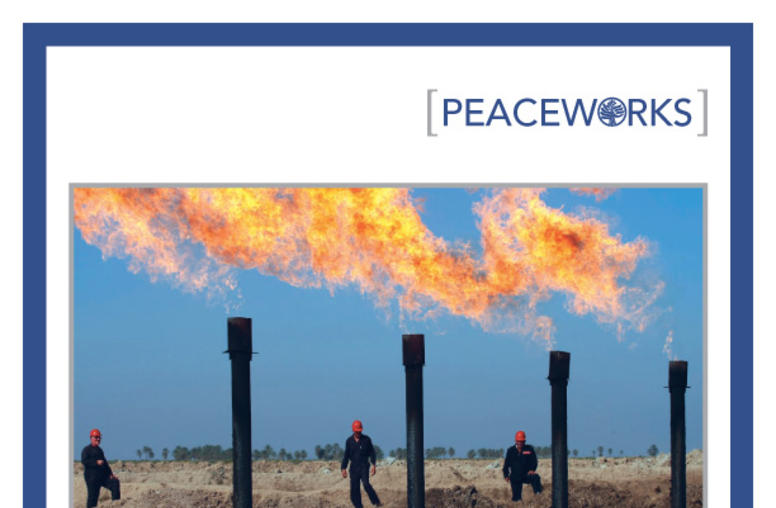
Iraq's Oil Politics
A new USIP report appraises the explosive politics of Iraq’s oil wealth and opportunities to address the conundrum.
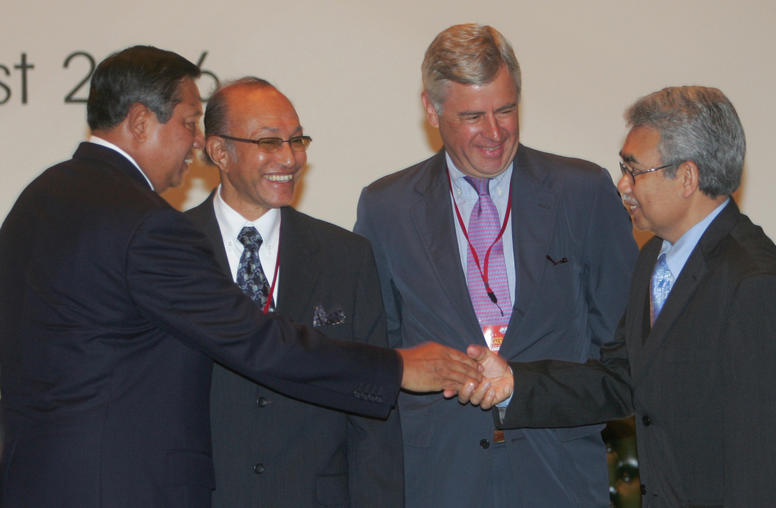
After the Agreement: Why the Oversight of Peace Deals Succeeds or Fails
Almost every modern peace agreement has established some type of institution to oversee implementation of the agreement’s provisions and monitor compliance. This report provides a careful examination of monitoring and oversight mechanisms set up in Sierra Leone, Indonesia, Sudan, and South Sudan between 1999 and 2015, and offers a series of key lessons for the design of future monitoring mechanisms.